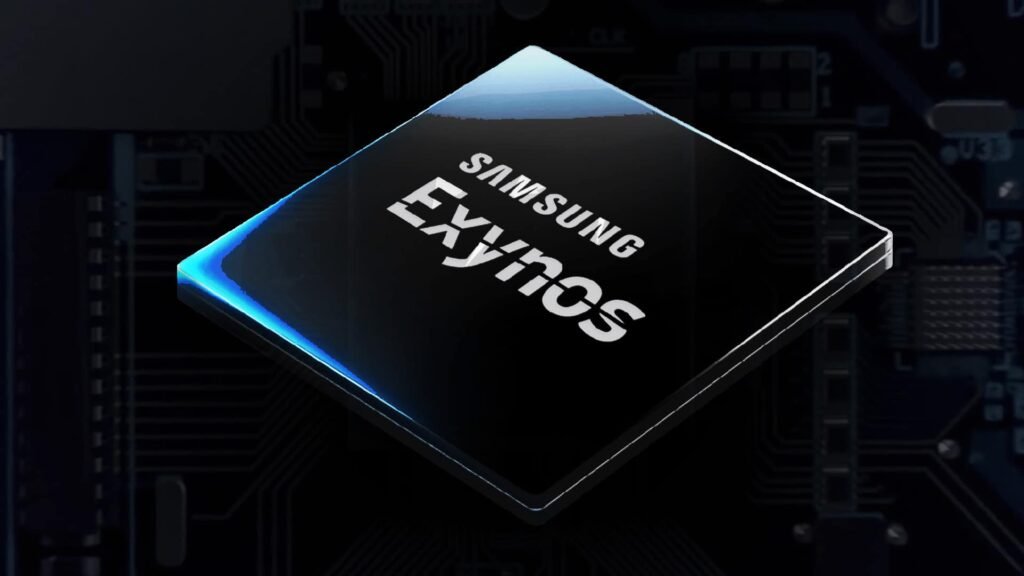

Leaks surrounding the Exynos 2600 chip, Samsung’s next big processor slated to power the Galaxy S26 series, have increased the hype. Early benchmark results generated a massive buzz, suggesting this new chip could finally go head-to-head with its most powerful competitors. However, new numbers hitting the Geekbench platform recently delivered a sudden and totally unexpected blow to those Exynos 2600 expectations.
The latest scores show a noticeable drop in the chip’s raw speed and power compared to earlier testing. This performance dip is serious. It actually pushes the Exynos 2600’s scores slightly below those of the current-generation Qualcomm Snapdragon 8 Elite chip. The latter is already running devices like the Samsung Galaxy S25 Ultra.
Samsung just dialed down the Exynos 2600’s chip speed
We can pinpoint the reason for this sudden slowdown: Samsung subtly reduced the CPU clock speed in these latest tests. Think of it like a race car driver suddenly easing off the gas.
The chip’s power settings saw noticeable cutbacks across the board: the prime, most powerful core clocked down from 3.80 GHz to 3.55 GHz, the 6x mid-tier cores dropped from 3.26 GHz to 2.96 GHz, and even the smaller 3x efficiency cores moved down from 2.76 GHz to 2.46 GHz. This reduction in speed directly led to the lower benchmark scores: the single-core result fell sharply from 3,309 to 3,047, and the multi-core score plummeted from 11,256 to 10,025.
Below is a comparison between the latest Geekbench results of the Exynos 2600 chip and the Galaxy S25 Ultra.
Has Samsung encountered energy efficiency problems?
Why did Samsung suddenly dial back the chip’s speed when initial results looked so good? We have two potential reasons behind it:
First, in the worst-case scenario, Samsung may have hit overheating issues, known as thermal throttling. Running the chip at those original, higher speeds could have consumed too much power or generated excessive heat during extended use. That kind of problem would seriously sabotage the phone’s stability and battery life. Second, and less dramatically, the company could simply be fine-tuning the chip’s performance. They need to find the “sweet spot”—the perfect balance between max power and energy efficiency—so they would be testing lower frequencies for it.
According to reports, Samsung expects to ship the SoCs by the end of November 2025. This timing confirms Samsung is in the final stage of performance testing. We don’t really expect the final retail version to perform this poorly. However, the reduction in speed confirms Samsung aims to deliver the best possible relationship between speed and long-lasting efficiency. We’ll have to wait to see if the Exynos 2600 brings the power the upcoming Galaxy S26 truly needs.
The post Exynos 2600’s Latest Benchmarks Show Sudden Performance Drop appeared first on Android Headlines.





